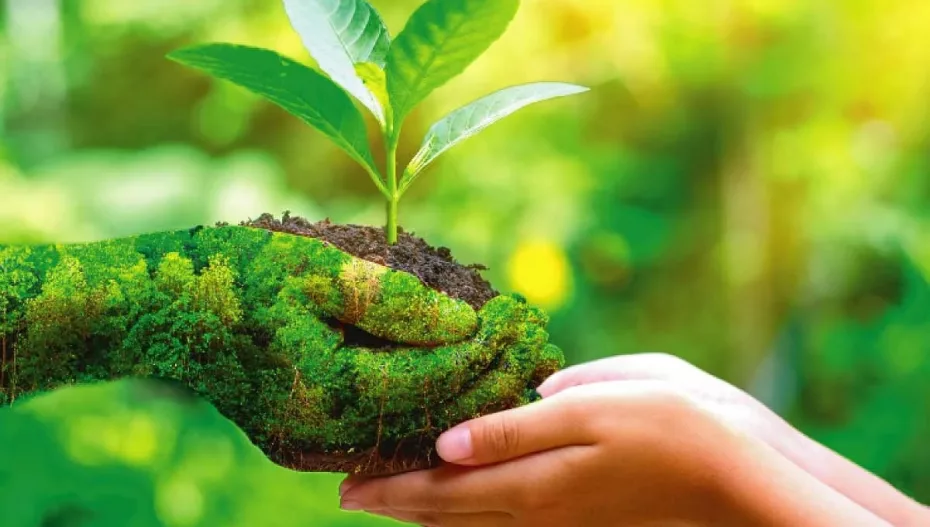A large chunk of the population in India is breathing polluted air that dodges the stated guidelines issued by the global health agency, the World Health Organisation (WHO), according to a report released by Greenpeace India.
Over 99 per cent of the population of the countries (that makes more than a quarter of the world’s population) included in the survey were breathing air that exceeds WHO health-based guidelines with respect to PM2.5.
The key findings cited in the report titled ‘Different Air Under One Sky: The Inequity Air Research’ published by Greenpeace India for U.N. International Day of Clean Air for Blue Skies to be observed on September 7, 2022 revealed that air pollution remained a universal health issue affecting a larger number of people across the world posing different socio-economic and health risks.
The report added, “62 per cent of pregnant women in the country live in the most polluted areas, compared to 56 per cent of people in the whole population.”
Delhi-NCR remained the largest polluted city in India, the report stated.
It also listed older adults, infants and pregnant women as the most vulnerable groups who are ‘exposed to worse air’.
PM2.5 is referred to as the concentration of the particulate matter present in the environment that penetrates deep into the body and causes inflammation in the lungs and respiratory tract, leading to the risk of cardiovascular and respiratory problems, including a weak immune system.
The government ‘must introduce a robust air quality monitoring system’ across the country and ‘make the data publicly available in real time’, as cited in the report.
“A health advisory and ‘red alerts’ for bad-air days should also be issued so that the public are able to take necessary steps to protect their health, and polluters would be required to reduce emissions to protect the environment,” as suggested in the report.
The released report also stressed that the current National Ambient Air Quality Standards (NAAQS) is ‘insufficient and ‘needs immediate revision’.
“The Central Pollution Control Board must set a process of revision of NAAQS based on scientific evidence. The government must ensure the implementation of all the planned activities under the National Clean Air Programme (NCAP),” as insisted by Greenpeace India.
Stressing over the urgency of making NCAP more transparent, comprehensive and stronger, the released report pressed, “The people are already paying a huge price for the air pollution crisis and it is taking a massive toll on healthcare systems. People are being forced to breathe in polluted air and are faced with a terrible health crisis. They can’t afford any delays to act on this crisis.
The State of Global Air (SoGA) in its recent release revealed that 18 of 20 cities in India were found to be severely hit by the particulate pollutants-PM2.5 from the year 2010 till 2019. Delhi and Kolkata were named as the most polluted cities.
SoGA has conducted a detailed study of over 7,000 cities across the world. The report titled ‘Air Quality & Health in Cities’ collected ground-based data on the quality of air through satellites and models for observing air quality estimates across a selected number of cities across the globe.
WHO data show that almost all of the global population (99 per cent) breathe air that exceeds WHO guideline limits and contains high levels of pollutants, with low- and middle-income countries suffering from the highest exposures.
Air quality is closely linked to the earth’s climate and ecosystems globally. Many of the drivers of air pollution (i.e., combustion of fossil fuels) are also sources of greenhouse gas emissions. Policies to reduce air pollution, therefore, offer a win-win strategy for both climate and health, lowering the burden of disease attributable to air pollution, as well as contributing to the near- and long-term mitigation of climate change.
Also Read: Air Pollution In Central-Western India Increased During Pandemic












